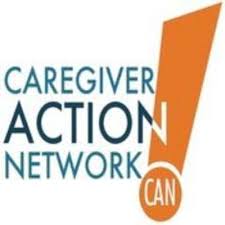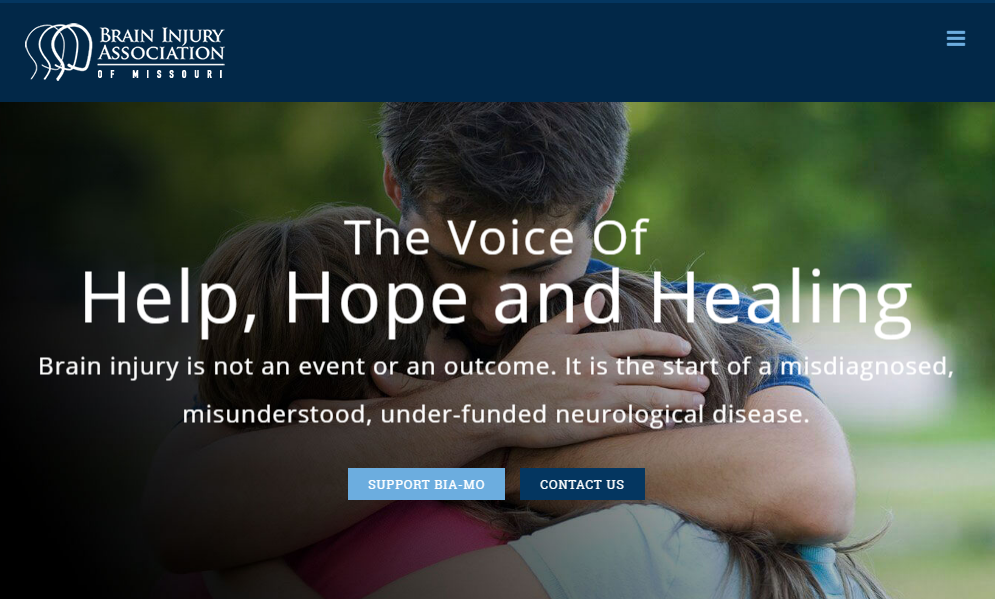SSA Expands Fast-Tracking for Disability Benefits

Coping with a long-term disability can be challenging. It’s even more stressful for individuals waiting on a favorable decision about their Social Security disability claim. Now, imagine the reduced pressure that comes with getting faster results.
On Monday, Aug. 20, the Social Security Administration (SSA) announced the addition of five conditions to the Compassionate Allowances (CAL) program. The new CAL listings are:
- Fibrolamellar Cancer
- Megacystis Microcolon Intestinal Hypoperistalsis Syndrome (MMIHS)
- Megalencephaly Capillary Malformation Syndrome (MCAP)
- Superficial Siderosis of the Central Nervous System
- Tetrasomy 18p
Established in 2008, the CAL program has developed into a list of 233 conditions. Qualifying impairments include brain disorders or types of cancers that put a claimant’s application for SSDI benefits on the fast track for approval. Approval for disability benefits can happen within weeks of medical confirmation of a diagnosis, versus months or years.
"There are 30 million Americans living with a rare disease," said Peter Saltonstall, president and CEO of the National Organization for Rare Disorders (NORD), whose organization praised the SSA’s recent announcement. "That's 1 in 10 people. Many of them face overwhelming medical and financial challenges.”
Allsup provides representation for individuals applying for disability benefits. SSDI is a federally mandated disability insurance program overseen by the SSA that is distinct from Social Security retirement and Supplemental Security Income (SSI) programs. Eligible applicants must have paid FICA taxes, are required to be under full retirement age (65+), and are no longer able to work due to a severe illness or injury that lasts at least 12 months or can result in death.
To date, more than 500,000 individuals with disabilities have been approved for benefits under CAL. Find a complete list of CAL conditions online.
If you have, or know someone who has, one of the CAL program’s listed disorders, you have a higher chance of being approved for SSDI benefits. Click here to determine your eligibility with our free online assessment.
Allsup
Related Articles

Uncategorized
Helping Family Caregivers With What They Need to Know

Uncategorized
Understanding MS and Disability Benefits

Uncategorized
BIA-MO Gets Real about Brain Injury Awareness

